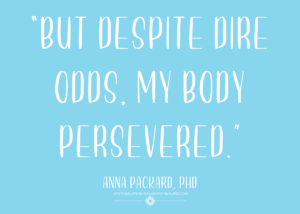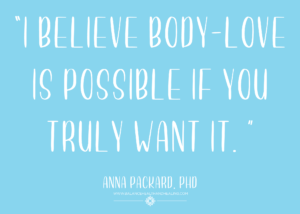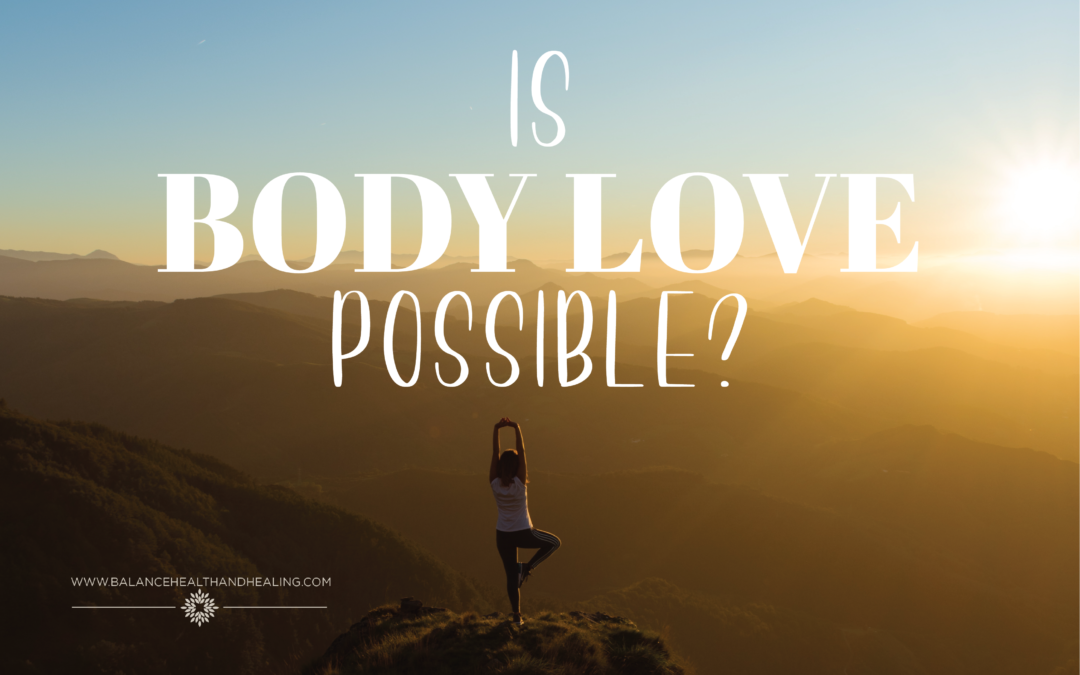The Hospital
I vaguely wondered why the morphine wasn’t working? The pain was so intense. I couldn’t remember ever feeling pain like this. I remember as the night progressed in the ER, the on-call OBGYN informed me that while she didn’t know, for sure, what was going on, she was going to take me into surgery as the ultrasound revealed a lot of fluid in my abdomen and almost no blood flow to my left ovary. I remember asking her if my 7-week-old embryo could survive surgery and she told me she didn’t know. I felt scared and sad but mostly desperate for the pain to end. While I waited for an OR room to open up, I remember suddenly becoming very dizzy and sweat breaking out all over my body. I remember shouts and rushing feet and a pronouncement that I was going into shock.
They rushed me into the OR. I remember signing some consent forms and then it was “lights out.”
When I woke from surgery, I learned that I had been pregnant with twins: a heterotopic pregnancy where I had one embryo in my uterus and one embryo in my Fallopian tube. Such a pregnancy occurs in 1 in 30,000, so my doctors weren’t even looking for it.
The embryo in my Fallopian tube had grown to a point where it caused my tube to burst and I was bleeding out when I went into shock. In that crisis, my body lost almost half of my total blood supply and I required four blood transfusions to save my life. When my doctor visited me in the hospital the next day, he told me, “You should be dead.”
But I had survived. Miraculously, the baby in my uterus survived that trauma too and I was able to recover and move on with a healthy pregnancy.
The Realization
This was the first time, in my life, that I became fully aware of my body as something separate from “me.” That my body is a being truly operating almost completely outside my conscious awareness and control, entirely on my behalf. “I” (the conscious, thinking version of who I am), had NOTHING to do with saving my life that day. My BODY did that. Yes, skilled doctors, blood donors, and, I believe, Divine Intervention, also saved my life. But despite dire odds, MY BODY PERSEVERED.
When I fully absorbed this reality, I stepped into a more expansive and loving relationship with my body. I stepped into LOVING HER. I owe my very existence to her. Everything I get to do and experience here on earth, is BECAUSE of her. I never felt this awareness so acutely until I almost lost my life.
Before this trauma, I had spent years on a journey with my body. A journey that began with loathing, repulsion, and rejection and progressed, slowly, toward one of acceptance, respect, gratitude, and appreciation. Over time, I had landed in a very solid, positive relationship with my body. I considered us friends who took care of one another.
I was perfectly content and didn’t know another level of relationship was available to me: a level of LOVE.
While I don’t think it requires a near death experience to learn to love your body, for me it did.
Before this experience, as I just shared above, my body and I had a great relationship. A hard-fought, deliberate one I had fostered for well over a decade. I think this is important to realize because LOVE doesn’t have to be the end point for our experience in our bodies. We can have a meaningful relationship with our bodies, or with our lives, without having to love our bodies.
Jessica Knoll wrote in her “Smash the wellness industry”article posted in the New York Times last week, “Most days, I feel good in my skin. That said, I am probably never going to love my body, and that’s O.K. I think loving our bodies is not only an unrealistic goal in our appearance-obsessed society but also a limiting one. No one is telling men that they need to love their bodies to live full and meaningful lives. We don’t need to love our bodies to respect them.”
The question one has to ask themselves is “What kind of relationship do I want with my body?” and “Am I willing to put in the work required to get there?”
We can live happy, fulfilled lives without loving our bodies. But we can’t live to the fullest if we are trapped in relationship with our bodies based on criticism, repulsion, fear and control, chronic dieting, chronic change-seeking, comparison, and negative body evaluation.
Are you happy in your relationship with your body? Does how you feel about your body take up a lot of mental and emotional energy?
The more you step into body acceptance, appreciation, and love, the LESS mental and emotional energy you will spend on your body. This is freedom. This is peace. This is the opening for investing your physical and emotional energy in ways that truly matter to you. This is the way we can live present, engaged, and with meaning and purpose.
Again, body-love is not required for this kind of life.
It is POSSIBLE
 But I disagree with Jessica Knoll that body love is an unrealistic goal. I believe body-love is possible if you truly want it. And if you truly want it, you will be willing to work for it.
But I disagree with Jessica Knoll that body love is an unrealistic goal. I believe body-love is possible if you truly want it. And if you truly want it, you will be willing to work for it.
I know a near-death experience fast-tracked me into loving my body, but I honestly believe I would have gotten there anyway. I was on track to that same destination as I continued to actively respect, appreciate, take care of, and offer compassion to my body. I also continued to use the tools I honed over the years to refrain from listening to those old, negative voices that beckoned me back into self-criticism, comparison, and disdain. This process was, and is, continually active. But as you build progress and momentum, it becomes easier and increasingly more rewarding. I believe as we treat our bodies WITH love, this will turn into FEELING love.
So whether loving your body is your desire, or if you just want more psychological peace and freedom, the place to start is to treat your body as if she deserves care, respect, compassion, and love. Because she DOES. AND SO DO YOU.
Article:

